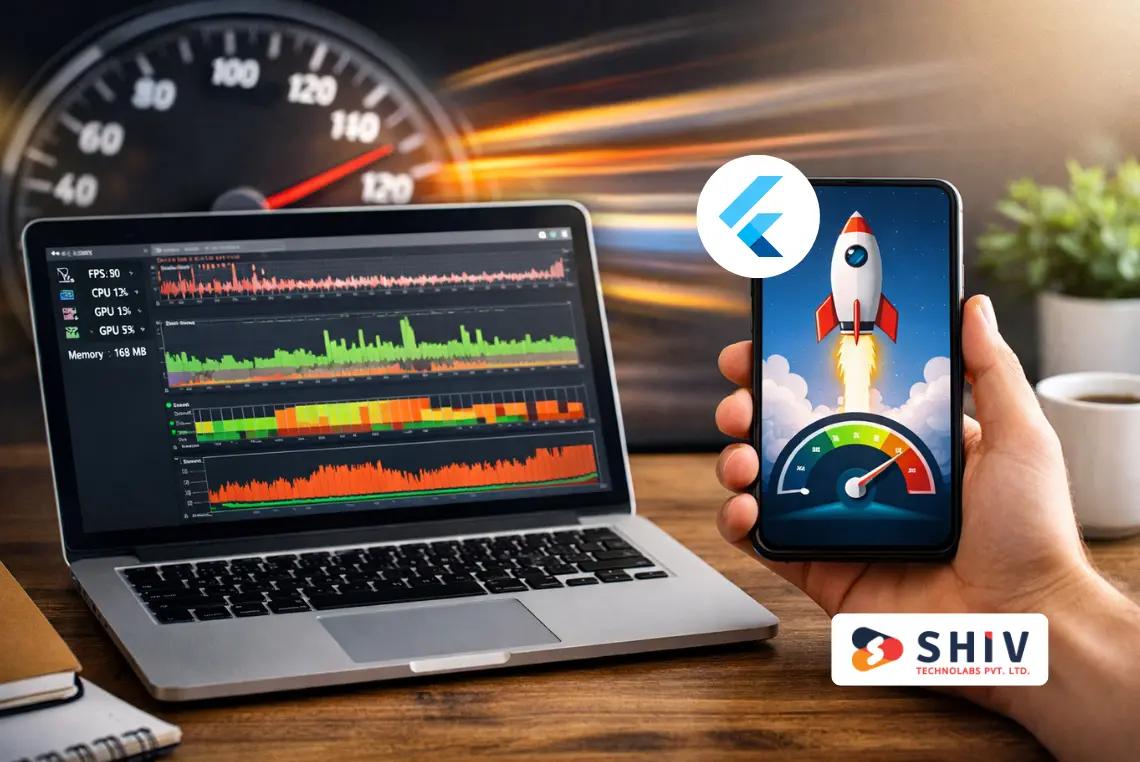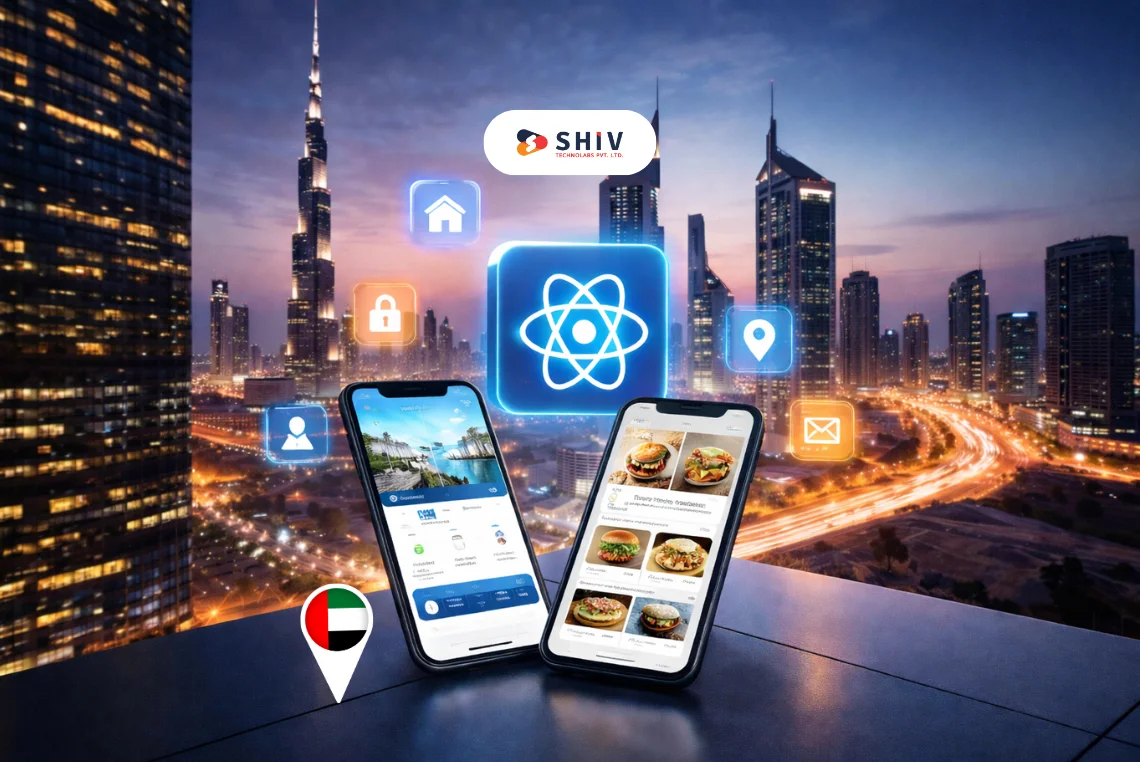Table of Contents
Developing a B2B (Business-to-Business) mobile app involves crafting solutions that address the specific needs of businesses. These apps aim to improve business processes, enhance communication, and increase productivity. The cost and type of B2B mobile apps vary based on the requirements and functionalities needed by the businesses. This article covers the different types of B2B mobile apps and their development costs, providing detailed descriptions and tables to clarify the information.
Types of B2B Mobile Apps

B2B mobile apps can be broadly classified into several categories based on their functionality and purpose. Here are the primary types:
- Enterprise Resource Planning (ERP) Apps
- Customer Relationship Management (CRM) Apps
- Project Management Apps
- Supply Chain Management (SCM) Apps
- Human Resources Management (HRM) Apps
- E-commerce Apps for B2B
# Enterprise Resource Planning (ERP) Apps
ERP apps integrate various business processes by collecting, storing, and managing data from different departments. They streamline operations, improve data accuracy, and provide real-time insights.
Features:
- Financial Management
- Inventory Management
- Order Processing
- Reporting and Analytics
ERP App Features and Benefits
| Feature | Description | Benefit |
|---|---|---|
| Financial Management | Manages accounting, budgeting, and forecasting | Enhances financial accuracy |
| Inventory Management | Tracks stock levels, orders, and deliveries | Reduces stockouts and overstock |
| Order Processing | Automates order entry and processing | Speeds up order fulfillment |
| Reporting and Analytics | Provides real-time business insights | Aids in strategic decision-making |
# Customer Relationship Management (CRM) Apps
CRM apps help businesses manage interactions with current and potential customers. These apps aim to improve business relationships and drive sales growth.
Features:
- Contact Management
- Sales Management
- Customer Support
- Marketing Automation
Also Read:- How Much Does It Cost to Hire Mobile App Developers in Australia?
CRM App Features and Benefits
| Feature | Description | Benefit |
|---|---|---|
| Contact Management | Centralizes customer information | Improves customer interaction |
| Sales Management | Tracks sales activities and progress | Enhances sales performance |
| Customer Support | Manages customer service requests | Increases customer satisfaction |
| Marketing Automation | Automates marketing campaigns | Boosts marketing efficiency |
# Project Management Apps
Project management apps facilitate planning, organizing, and managing resources to achieve project goals. They are essential for teams to collaborate effectively.
Features:
- Task Management
- Resource Allocation
- Time Tracking
- Collaboration Tools
Project Management App Features and Benefits
| Feature | Description | Benefit |
|---|---|---|
| Task Management | Assigns and tracks project tasks | Ensures task completion |
| Resource Allocation | Allocates resources and schedules | Optimizes resource usage |
| Time Tracking | Monitors time spent on tasks | Improves time management |
| Collaboration Tools | Facilitates team communication and file sharing | Enhances team collaboration |
# Supply Chain Management (SCM) Apps
SCM apps oversee the flow of goods and services from production to delivery. They ensure that products are delivered efficiently and cost-effectively.
Features:
- Inventory Management
- Order Tracking
- Supplier Management
- Logistics Management
SCM App Features and Benefits
| Feature | Description | Benefit |
|---|---|---|
| Inventory Management | Manages stock levels and replenishment | Prevents stockouts and overstock |
| Order Tracking | Monitors order status and delivery | Improves delivery accuracy |
| Supplier Management | Manages supplier relationships and performance | Enhances supplier collaboration |
| Logistics Management | Optimizes transportation and warehousing | Reduces logistics costs |
Also Read:- Top 10 Best Mobile App Builders in Singapore {Updated 2024}
# Human Resources Management (HRM) Apps
HRM apps manage employee information, recruitment, payroll, and performance. They help HR departments to streamline operations and improve employee engagement.
Features:
- Employee Database
- Recruitment Management
- Payroll Processing
- Performance Evaluation
HRM App Features and Benefits
| Feature | Description | Benefit |
|---|---|---|
| Employee Database | Stores and manages employee information | Centralizes employee records |
| Recruitment Management | Manages job postings and applications | Speeds up hiring process |
| Payroll Processing | Automates payroll calculations and payments | Ensures accurate and timely payroll |
| Performance Evaluation | Tracks employee performance and feedback | Enhances performance management |
# E-commerce Apps for B2B
E-commerce apps for B2B facilitate online transactions between businesses. These apps support large order volumes and complex pricing structures.
Features:
- Product Catalog
- Order Management
- Payment Processing
- Customer Portal
E-commerce App Features and Benefits
| Feature | Description | Benefit |
|---|---|---|
| Product Catalog | Displays products with detailed descriptions | Eases product discovery |
| Order Management | Handles order placement and tracking | Streamlines order processing |
| Payment Processing | Supports multiple payment methods | Secures transactions |
| Customer Portal | Provides account management for customers | Improves customer experience |
Cost of B2B Mobile App Development

The cost of developing a B2B mobile app varies based on several factors, including app complexity, features, design, and platform. Here is a detailed breakdown of the cost components:
App Complexity
- Simple Apps: $10,000 – $50,000
- Medium Complexity Apps: $50,000 – $100,000
- Complex Apps: $100,000 – $500,000+
Features
- Basic Features: $5,000 – $20,000
- Advanced Features: $20,000 – $50,000
- Premium Features: $50,000+
Design
- Basic Design: $2,000 – $10,000
- Custom Design: $10,000 – $50,000
- High-End Design: $50,000+
Platform
- Single Platform (iOS or Android): $10,000 – $50,000
- Cross-Platform: $50,000 – $100,000
Also Read:- Top 10 AI Mobile App Development Companies in Dubai, UAE
Cost Breakdown of B2B Mobile App Development
| Component | Description | Cost Range |
|---|---|---|
| App Complexity | Based on app functionality and user base | $10,000 – $500,000+ |
| Features | Depending on the number and complexity of features | $5,000 – $50,000+ |
| Design | Ranges from basic to high-end custom designs | $2,000 – $50,000+ |
| Platform | Single or cross-platform development | $10,000 – $100,000 |
# Factors Influencing Development Cost
Several factors influence the overall cost of B2B mobile app development:
- Development Team Location: Costs vary significantly based on the geographical location of the development team. For example, developers in North America charge higher rates compared to those in Eastern Europe or Asia.
- App Maintenance and Updates: Post-launch maintenance and regular updates add to the overall cost. This includes fixing bugs, adding new features, and ensuring compatibility with new OS versions.
- Backend Infrastructure: A robust backend infrastructure is crucial for app performance and scalability. Costs include server setup, database management, and API integrations.
- Security: Ensuring the app’s security is paramount, especially for B2B apps handling sensitive business data. Implementing security measures such as encryption, secure authentication, and compliance with regulations adds to the cost.
- Third-Party Integrations: Integrating third-party services and APIs, such as payment gateways, CRM systems, and analytics tools, can increase development costs.
Factors Influencing Development Cost
| Factor | Description | Impact on Cost |
|---|---|---|
| Development Team Location | Varies by region and expertise | High |
| App Maintenance and Updates | Ongoing post-launch support | Medium to High |
| Backend Infrastructure | Essential for app performance and scalability | High |
| Security | Measures to protect sensitive data | High |
| Third-Party Integrations | Connecting with external services | Medium to High |
# Things to Consider While Developing a B2B Mobile App
Developing a B2B mobile app involves several key considerations to meet the specific needs of businesses and provide an effective solution. Here are crucial factors to keep in mind during the app development process:
- Understanding the Target Audience: Identify the businesses that will use the app, determine their specific needs and pain points, and gather feedback from potential users to shape the app’s features.
- Defining Clear Objectives: Outline the primary goals of the app, decide on the key functionalities that will achieve these goals, and set measurable targets for success.
- Platform Selection: Decide whether to develop for iOS, Android, or both. Consider cross-platform development to reach a wider audience and evaluate the technical requirements and constraints of each platform.
- User Experience (UX) Design: Focus on creating an intuitive and user-friendly interface. Ensure easy navigation and accessibility for all users and design for the specific use cases of business environments.
- Security: Implement robust security measures to protect sensitive business data. Use encryption, secure authentication, and other security protocols, and regularly update security features to address new threats.
- Integration with Existing Systems: Ensure compatibility with existing business systems like ERP and CRM development or SCM development. Plan for smooth data migration and synchronization and provide APIs for seamless integration with other software.
- Scalability: Design the app to handle growth in users and data. Plan for future enhancements and feature additions, and ensure the backend infrastructure can support increased demand.
- Performance: Optimize the app for fast load times and smooth operation. Conduct thorough testing to identify and fix performance bottlenecks, and regularly monitor and maintain the app to ensure high performance.
- Compliance with Regulations: Adhere to industry-specific regulations and standards. Ensure the app complies with data protection laws like GDPR or CCPA, and stay updated with changes in regulatory requirements.
- Feedback and Iteration: Collect feedback from users after the initial release. Make necessary improvements based on user suggestions and issues, and plan for regular updates to keep the app relevant and useful.
- Cost Management: Develop a detailed budget considering all aspects of development. Monitor expenses and adjust plans to stay within budget, and consider the total cost of ownership, including maintenance and updates.
- Support and Maintenance: Provide ongoing support to address user queries and issues. Schedule regular maintenance to fix bugs and update features, and ensure the availability of technical support for smooth operation.
Conclusion
Developing a B2B mobile app requires careful planning and consideration of various factors to meet the specific needs of businesses. By understanding the different types of B2B apps and their associated costs, businesses can make informed decisions to develop effective mobile solutions. Whether it’s an ERP, CRM, project management, SCM, HRM, or e-commerce app, each type offers unique features and benefits that cater to different business functions. The cost of development depends on the app’s complexity, features, design, platform, and additional factors like team location, maintenance, infrastructure, security, and third-party integrations. Partnering with a reputable mobile app development company in USA can help navigate these complexities. Investing in a B2B mobile app can significantly improve business processes and drive growth.



















